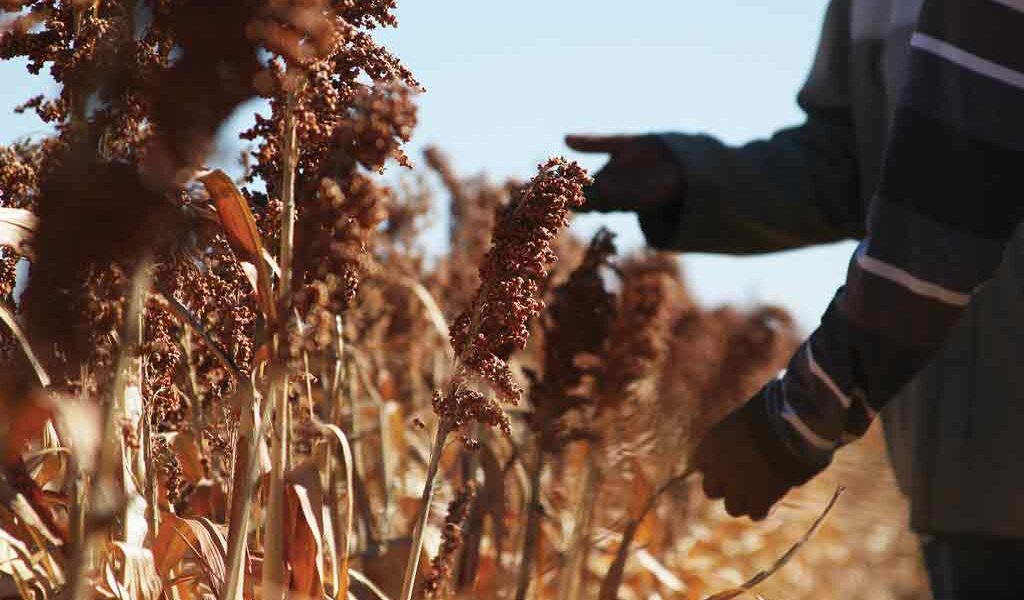Some say this will turn to be the worst harvest season they have ever experienced
OAITSE MATHALA
Local farmers have indicated that they expect to have a poor harvest or nothing at all, following the poor rains and the heat waves that the country has experienced. Most of farmers plowed late last year where it hardly rained while others plowed in January where they experienced some showers.
Chairperson of the Kweneng Commercial Farmers Association, Kenalekgotla Sebolao told Gazette Business in an interview that there were very low rainfalls between October and December. “There are areas that received a few showers such as Kweneng North, the Hatsalatladi Extension area. Unfortunately there were excessive heatwaves which resulted in loss of moisture,” he said.
He highlighted that since they do arable farming that is rain-fed, germination was poor for those that did primary and secondary tillage, while in other fields there was no germination at all.
Sebolao said the rain showers were slightly better between January and March. “There was an improvement but it was scattered, areas like Lephephe and Kweneng West did experience better rainfalls,” he said, noting that there were poor showers moving from Molepolole to the eastern, towards Gaborone.
He said this was the worst season they had ever experienced. “Having had all these problems, we should applaud the farmers for not losing hope.A few farmers will get something; some will not get anything at all. There will be better harvest for beans and sorghum. Comparatively, we had a bad season,” he said.
Phirinyane Gasethokwe of Sesigo Commercial Crop Producers Association in the Ngwato region shared the same sentiments. She said those farmers who plowed in January will get something while those who plowed earlier will get nothing. “There was no rain, those who plowed a bit late (especially those who plowed beans) will get something because it rained in January.”
She said the harvest is bad as compared to last year, “Last year it was better because everybody got something, but this year some got nothing.” Both Sebolao and Gasethokwe fear that the poor harvest may lead to the rise of grain prices.
President Ian Khama last month at the SADC Special Ministerial Seminar on Food Security and Poverty Eradication told delegates that SADC is currently experiencing the worst drought conditions in over two decades, and this circumstance will result in a decline in local food production, accompanied by a continued rise in food prices. He said it is expected that the region will be confronted with growing levels of food insecurity, hunger and malnutrition.

